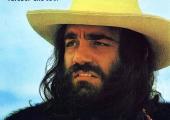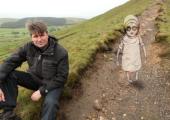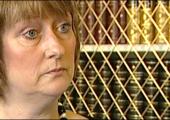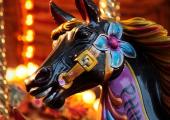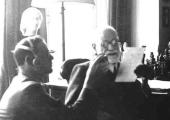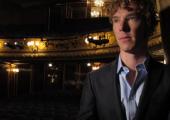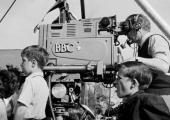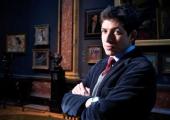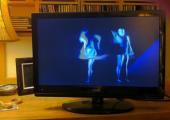Too Much, Too Young: Children of the Middle Ages, BBC Four
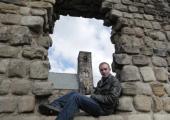
The lives of medieval children were frustratingly distant from this documentary
Although billed as “a fresh look at the Middle Ages through the eyes of children”, presenter Dr Stephen Baxter had to admit the bulk of historic evidence for how medieval children lived their lives was written by adults. Unfiltered accounts from a child’s perspective are rare. Poring over the 1086 Domesday Book, the census of who, what and where, he noted that children aren’t mentioned. Evoking the barely known is a hard log to roll, and this frustrating programme barely nudged it along.

